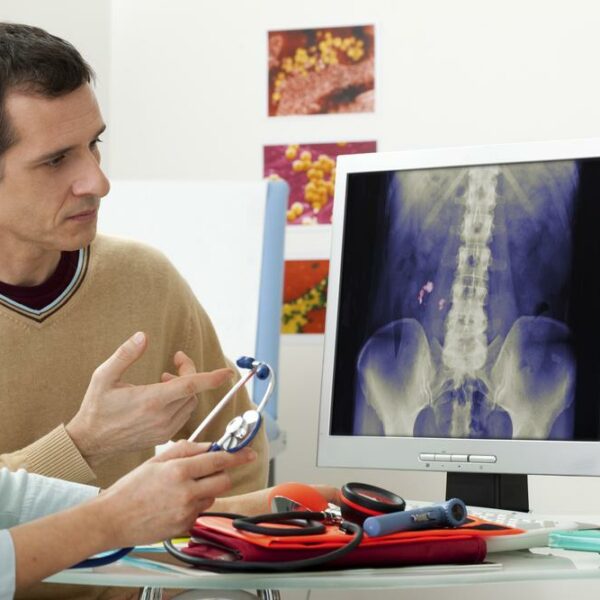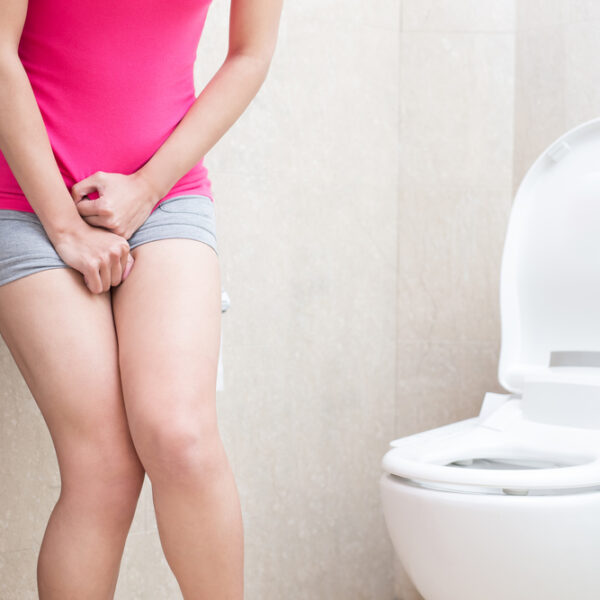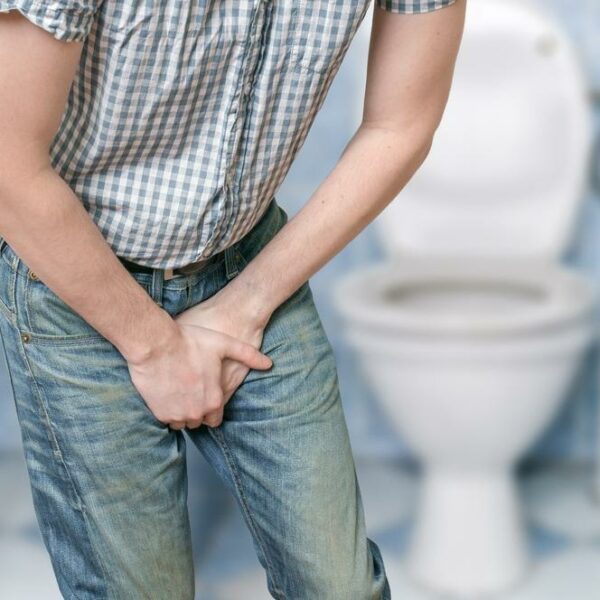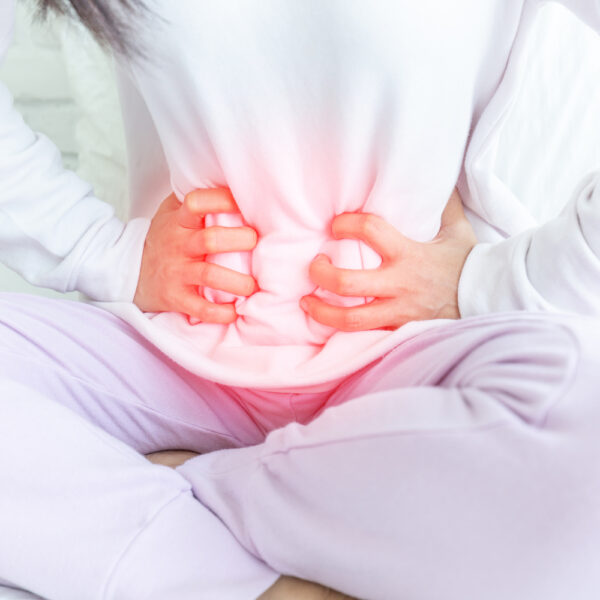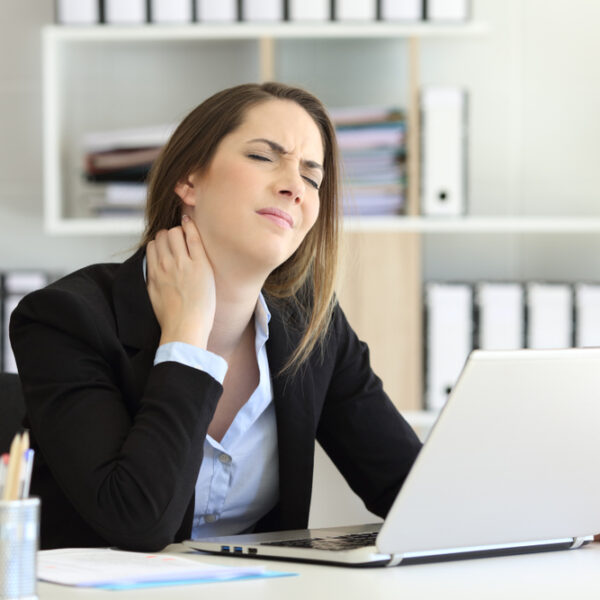Signs and symptoms of frequent urination
Frequent urination is a condition which forces someone to urinate on a persistent basis, leading to reduced bladder control and sometimes even severe urinary tract infections or complications. There is no one specific trigger for frequent urination, but some of the causes include drinking a lot of fluids, alcohol, and more. This condition affects your regular routine and sleep for that matter, urging you to frequently use the loo which can also be embarrassing in social situations.
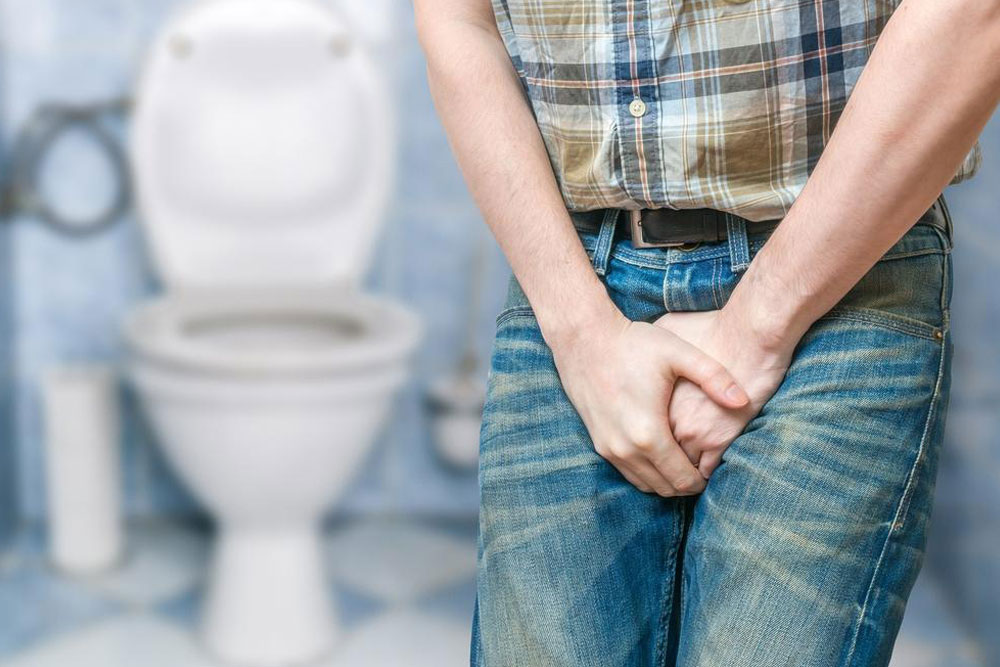
Normally, the frequency to urinate for men and women for that matter, is 4“6 times a day on an average. If you are exceeding this number, chances are you are experiencing the first signs of frequent urination. Other signs and symptoms include blood in your urine, red or dark brown urine, painful urination, pain in your lower abdomen or goring whilst urinating, difficulty in urinating even with frequent urges, loss of bladder control and even fever are some of the first indicators.
There are a number of risk factors in case of a urinary tract infection which include not staying hydrated in fear of frequent urination, not emptying your bladder completely, vaginal inflammation, and irritation amongst many others. Compulsive urge to urinate also lead to an overactive bladder which is not good in the long term.
There are a number of other causes of frequent urination which include anxiety, certain types of medication, strokes or any other brain or nervous system, infection of the prostate gland which is also known as prostatitis, enlarged prostate, or any type of kidney infection. The inflammation of small pouches and sacs around the inner line of the large intestine can also lead to such problems. Other causes include radiation therapy for treating cancer of the pelvis area, abnormal opening in the urinary tract and others.
It is advisable to consult with a professional when the first signs and symptoms are seen, for proper treatment and consultation. Treatment will be advised with proper medication, common exercise which can be performed to gain more control over the bladder muscles like Kegels, and other bladder control techniques. Maintaining a proper diet and a number of home remedies to eat and drink can be easily found online, which can help you control the condition and give you some relief. There is no permanent cure for the condition, but regular exercise and a healthy diet will benefit in the long run. It is always advisable to consult with medical professionals to analyze and understand the course of action to be taken, without any complications or side effects.
